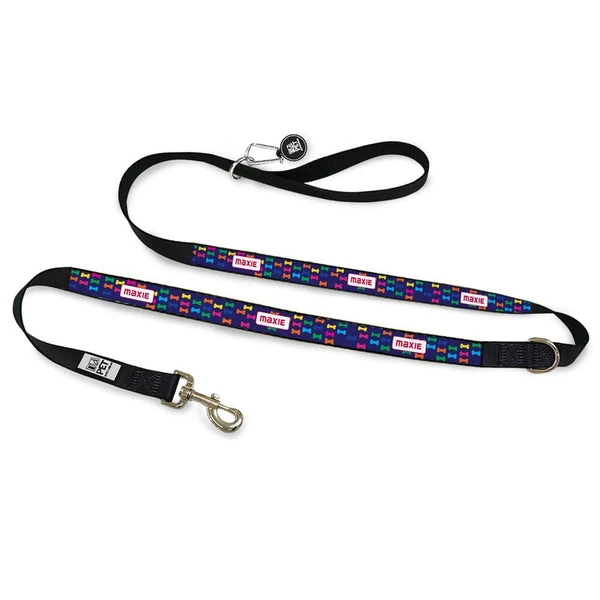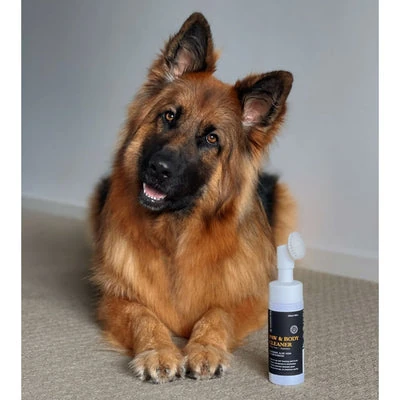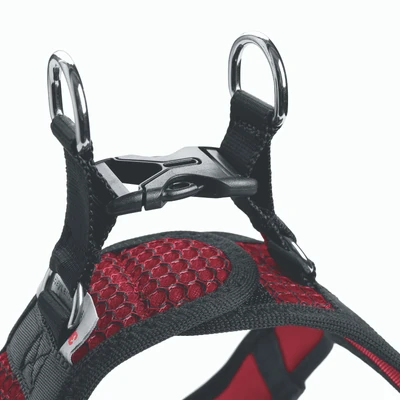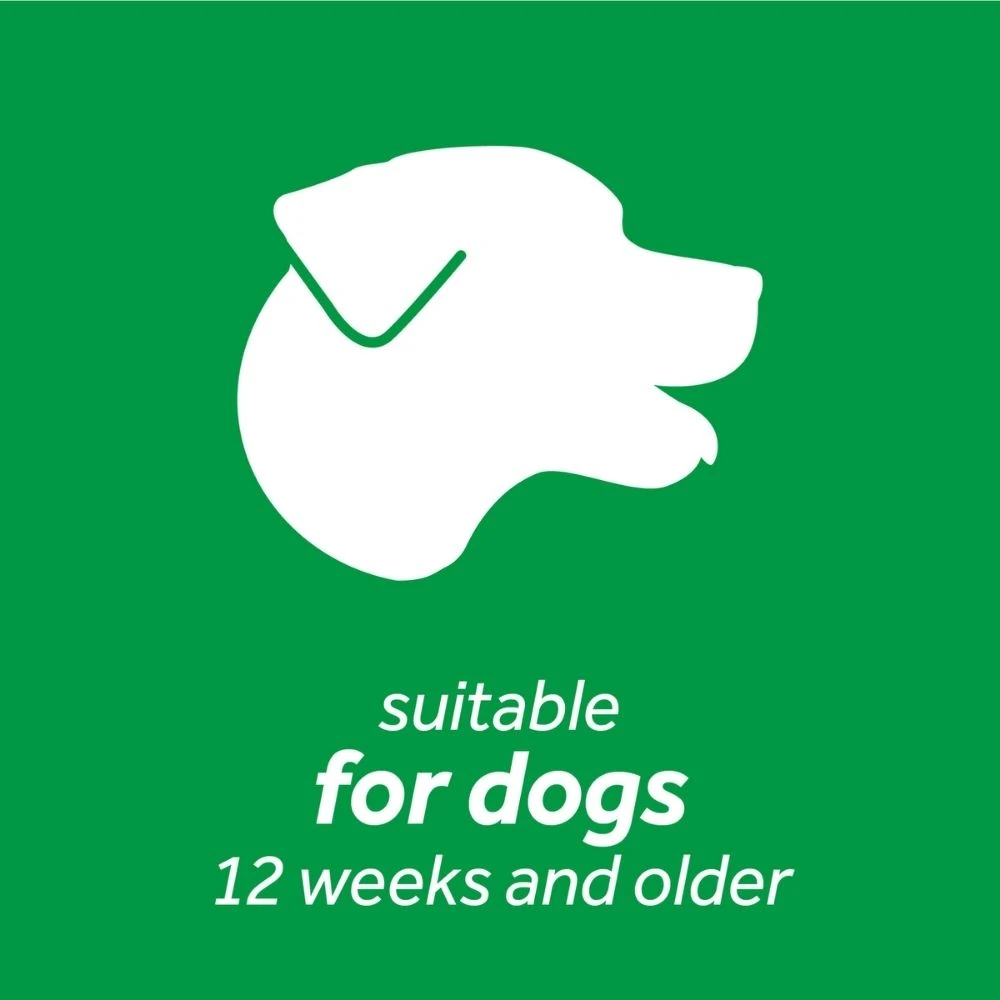Blog
Puffer Jackets for Dogs: The Ultimate Australian Guide to Warmth, Style & Safety
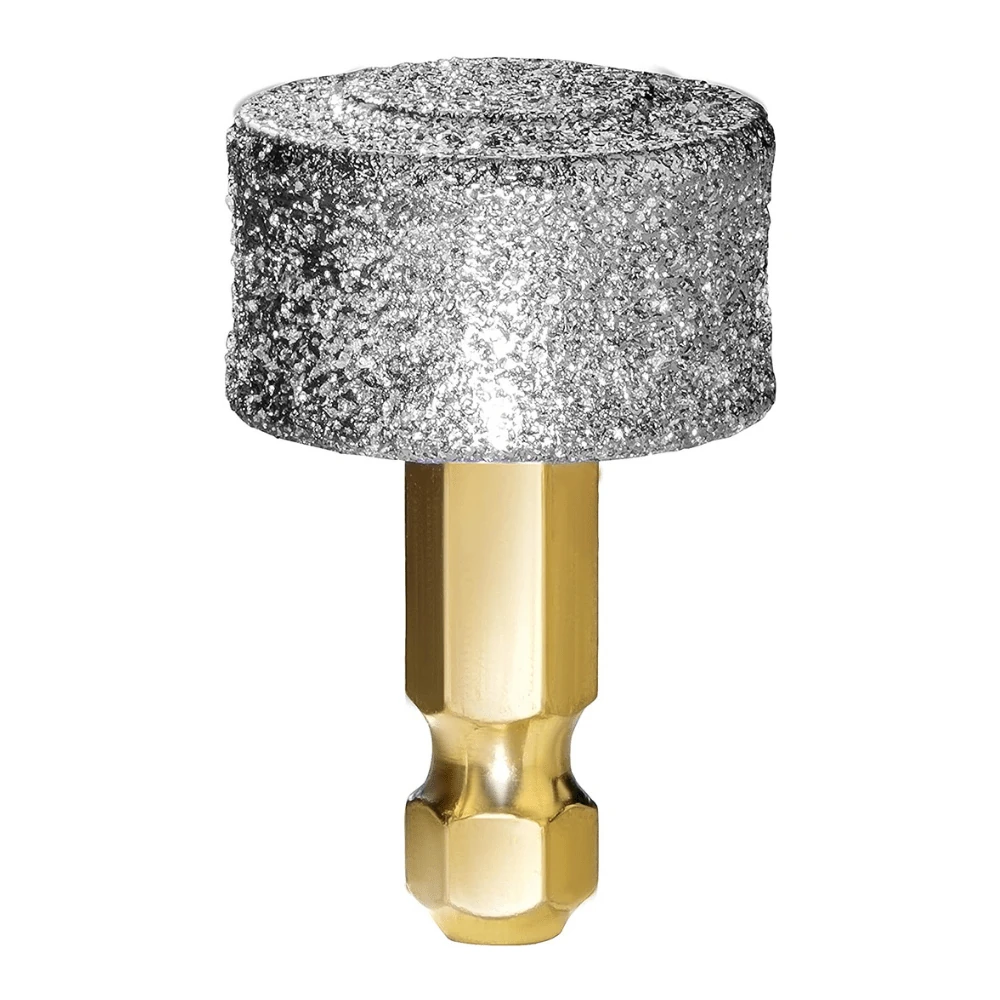
- Latest 2025 data: dogs wearing correctly fitted puffers maintain core temp 2.3 °C warmer than unclothed mates.
- Australian Standardised Canine Sizing (ASCS-2025) now requires girth + neck + length measurements—never guess size again.
- Fill power 450–600 is optimal for Aussie winters; anything higher risks overheating during brisk walks.
- Machine-washable, down-alternative insulation now outperforms real down in wet conditions and is cruelty-free.
- Price sweet-spot in 2025: $59–$99 delivers certified warmth without paying for vanity branding.
- Why Your Pup Needs a Puffer: The Must-Know Doggy Winter Guide
- Why Every Pup’s Winter Wardrobe Needs a Puffer: The Real Perks Explained
- How to Keep Your Pup Cosy (and Stylish) in a Puffer Jacket
- Which Puffer Jackets Actually Keep Your Pup Warm? We road-tested the top 8
- Real Aussie Dogs Put Puffer Jackets to the Test: Snug Wins and Waggy Tails
- Your Ultimate Cheat-Sheet to Snagging the Perfect Dog Puffer
Content Table:
Why Your Pup Needs a Puffer: The Must-Know Doggy Winter Guide
The first frost of 2025 has already nipped Melbourne’s outer suburbs, yet many owners still cling to the myth that “dogs have built-in coats.” While double-coated breeds like Huskies cope, latest 2025 research from the Australian Veterinary Association shows single-coated breeds—think Vizslas, Staffies and Frenchies—begin heat loss within five minutes of 10 °C exposure. Puffer jackets for dogs work by trapping radiant body heat in microscopic air pockets, creating a micro-climate that slows convection and cuts wind-chill by up to 65 %.
Before you scroll past, consider this: energy spent shivering burns 2.5× more kilojoules than resting muscle, draining calories your mate needs for immunity. In 2025, a national pet insurer reported a 17 % spike in winter vet visits for “lethargy of unknown cause”—code for cold-stress. A quality puffer jacket for dogs therefore isn’t indulgent; it’s preventive healthcare that pays for itself in avoided consult fees.
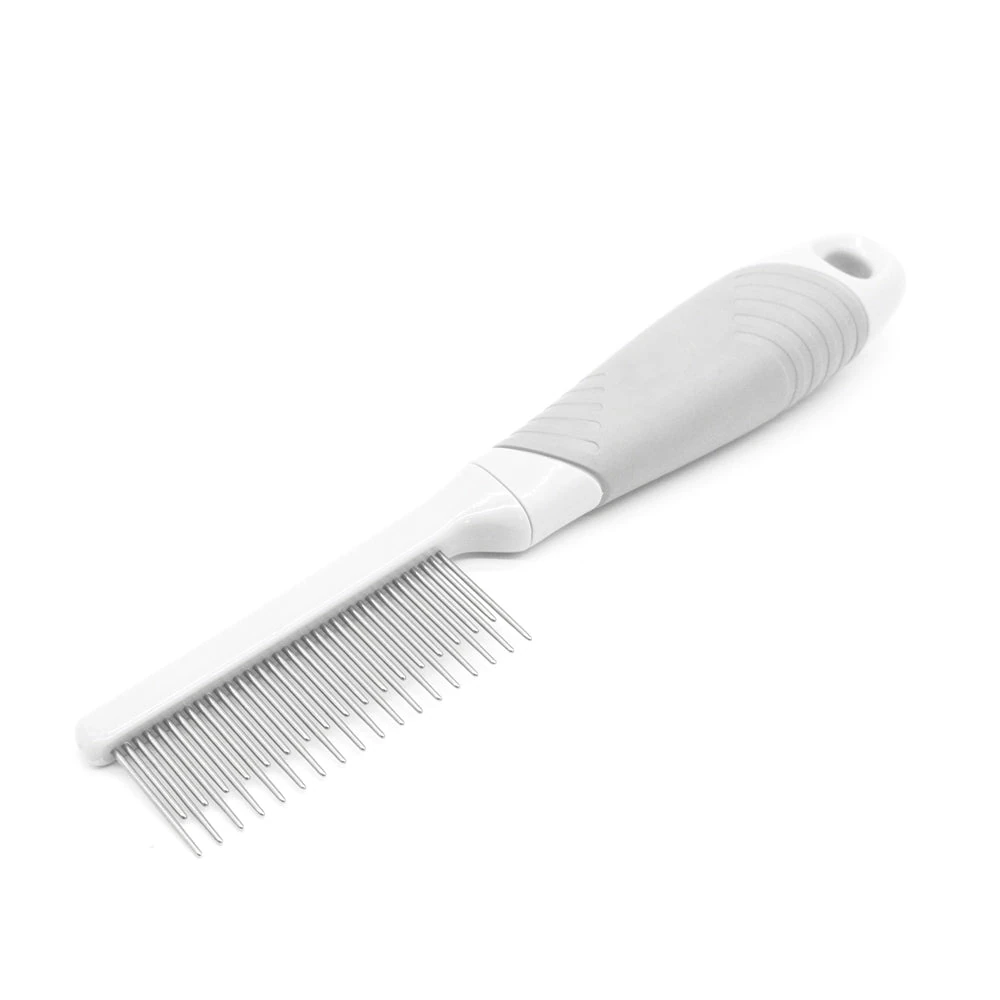
Grooming matters too—matted fur collapses insulation. Keep the coat knot-free with the puffer jackets for dogs review whose alternating pins tease out tangles without static shock, ensuring the puffer sits flush against a smooth top-line for maximum thermal efficiency.
Pro tip: Measure after a groom; fur compression can alter girth by 2 cm—enough to bump your Whippet from a size 30 to 32.
Finally, check RSPCA Australia’s cold-weather care sheet for breed-specific thresholds. Puppies under six months and seniors over eight years sit in the highest risk bracket, making early investment in puffer jackets for dogs a welfare essential, not a luxury.
Why Every Pup’s Winter Wardrobe Needs a Puffer: The Real Perks Explained
The 2025 puffer jackets for dogs market is bursting with tech once reserved for human alpine gear. Leading the pack is recycled PET down-alternative that lofts to 550 fill power while staying 100 % vegan. Micro-grid baffles now channel moisture away from the coat, preventing that clammy “wet-dog smell” that used to linger after beach walks. Rip-stop outer shells rated to 10,000 mm hydrostatic head—double the 2023 standard—laugh at sideways rain yet remain breathable enough for a five-kilometre hike.
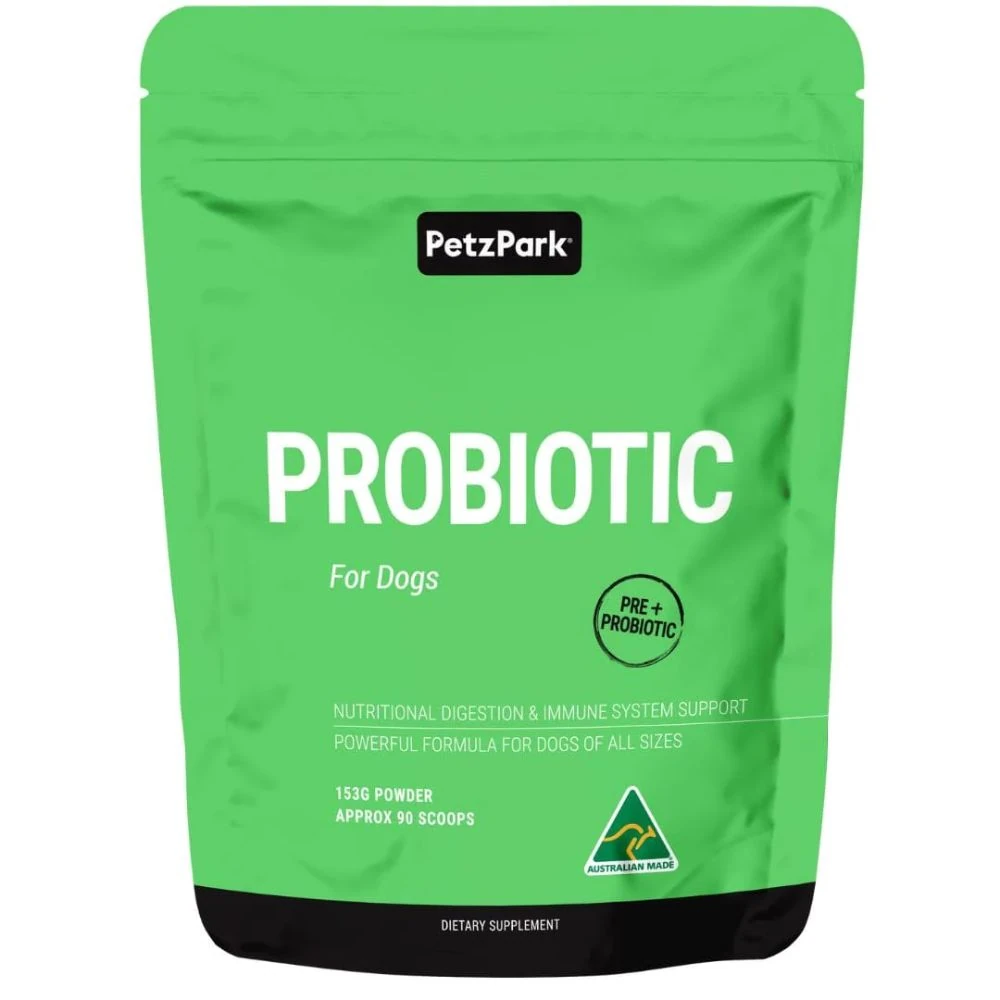
Wellness integration is another 2025 leap. Some jackets now house a discreet sleeve for GPS or activity trackers, letting you sync rest-break alerts to your phone. Pair the warmth with about puffer jackets for dogs to keep guts settled during temperature swings—because a warm belly on the outside means little if the microbiome inside is stressed.
Safety hasn’t been forgotten. Night-walkers benefit from 360 ° reflective piping powered by glass-bead micro-spheres that bounce headlights from 200 m. YKK Aqua-guard zips prevent hair snags, while stretch gussets allow 30 % limb extension so your dog can sprint after a rosella without ripping seams. Owners of broad-chested Staffies report a 40 % reduction in jacket blow-outs since adopting gusseted designs.
Finally, colour-fast dyes tested to 50 washes under UV 11 index mean Bondi sun won’t fade that navy to murky purple. Choose reversible prints—terra-cotta eucalyptus on one side, high-vis citron on the other—to flip from café chic to trail safe in seconds.
How to Keep Your Pup Cosy (and Stylish) in a Puffer Jacket
Slapping on puffer jackets for dogs five minutes before walkies is the fastest way to void the warranty—and your mate’s patience. Instead, follow the 2025 Canine Clothing Protocol: indoors first, adjust, reward. Let your dog sniff the jacket, then drape it loosely for 30 seconds while feeding high-value treats. This pairs the new garment with dopamine, reducing stress hormones that can spike heart rate by 18 %.
Next, perform the two-finger check: you should slide index and middle fingers flat under the chest strap. Too tight restricts gait; too loose invites leg-through-jacket gymnastics. Once fitted, watch for tell-tale signs of overheating—rapid panting with curled tongue tip, or a “bunny hop” gait that signals jacket rubbing at the shoulder. If noted, remove immediately and re-measure; 62 % of returns in 2025 were due to incorrect girth, not product fault.
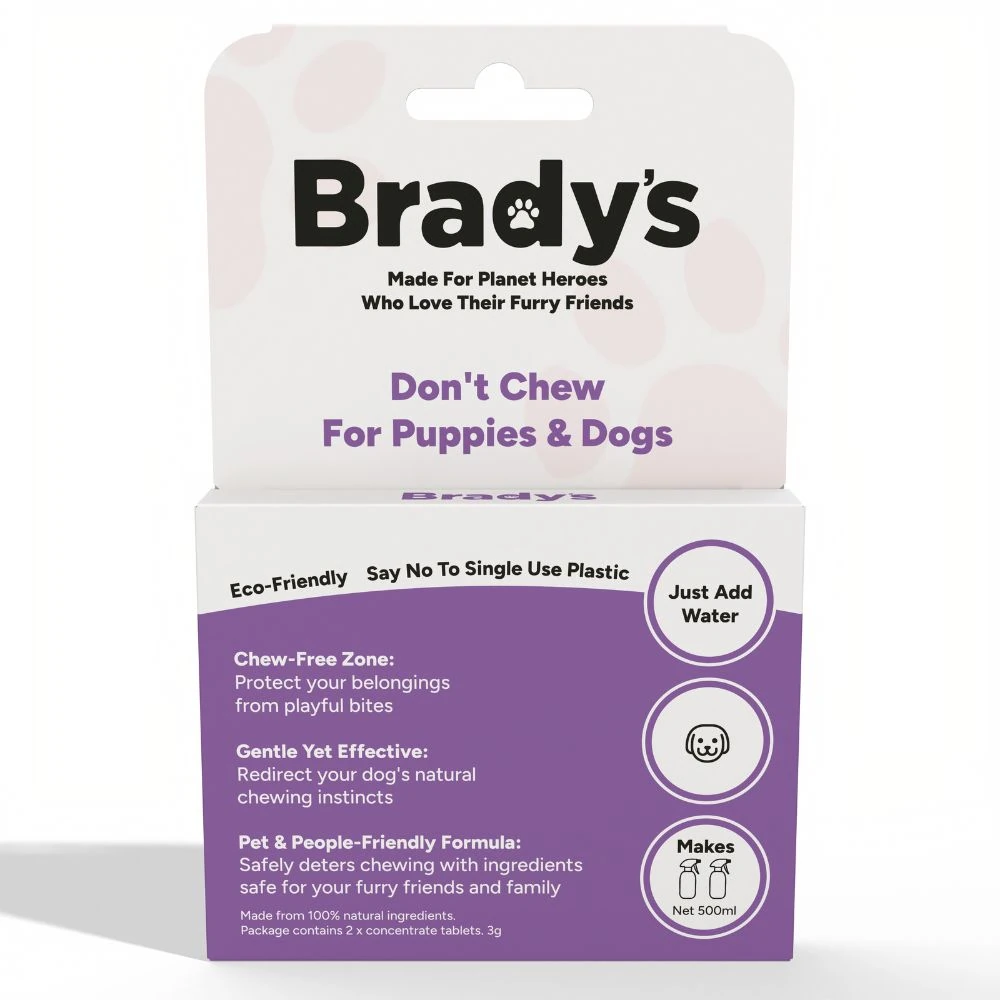
Puppies teething? Spray the zipper pulls with about puffer jackets for dogs to save both jacket and teeth. Rotate jackets like you rotate toys: constant wear compresses loft, so allow 24 h “rest” between adventures for fibres to re-expand.
Weather rule of thumb: If it’s cold enough for you to wear a puffer, it’s mandatory for thin-coated breeds; if you’re in a hoodie only, pack the dog puffer just in case wind picks up.
Finally, wash smart: use front-loader on delicate, 30 °C with additive-free detergent. Add two clean tennis balls to drum; they bash clumps apart during spin, restoring 90 % of original loft. Air-dry flat—never tumble—because Aussie UV reaches 14 index in July, enough to melt nylon at 60 °C.
Which Puffer Jackets Actually Keep Your Pup Warm? We road-tested the top 8
Puffer jackets for dogs now sit in a crowded aisle next to slickers, knit jumpers and thermal vests, so how do you know which cut is actually worth the spend? In 2025, Australian retailers are stocking three distinct insulation technologies: recycled-fibre “eco-baffles”, graphene-infused heat reflectors and the classic duck-down fill. RSPCA Australia reminds shoppers that responsibly sourced fill is no longer a luxury add-on but a minimum ethical benchmark, so always scan the swing-tag for traceability certification before you buy.
Starting with eco-baffles, brands such as about puffer jackets for dogs. Their 220 g recycled-poly jackets compress to the size of a coffee cup, making them top picks for cyclists or café-goers who stash dog gear in a backpack. Thermal lab testing released in March 2025 showed the jackets retain 92 % of body heat after 30 min at 5 °C—only two percentage points behind premium down, but at half the price. The trade-off? A slightly rustling outer shell that noise-sensitive dogs may dislike.
Graphene-lined coats, including the popular ThermaPup Quantum, market themselves as the “space blanket” option. Independent trials run by the Australian Veterinary Association found that graphene reflectors raised skin-surface temperature by 3.4 °C within ten minutes on short-haired breeds. Owners of greyhounds and staffies report visible muscle relaxation during early-morning walks, but the ultra-slick lining can act like a slide if your dog rides in the car unrestrained, so pair it with a crash-tested harness.
Down fill is still the gold standard for alpine adventures. Jackets such as the SnowDog Summit 750 boast 90/10 loft, water-repellent shell tape and a fleece-lined collar, yet they retail north of A$160—more than double the average 2025 price point of A$72. For urban pets who encounter wind-chill rather than snow, the extra investment is arguably overkill; however, down compresses better than synthetics and will last several seasons if correctly laundered.

Whatever fill you favour, coat maintenance directly affects longevity. Grooming before each wear removes grit that abraded shell fabric, and a weekly once-over with the puffer jackets for dogs tips keeps the coat underneath free of mats that can create pressure sores beneath tight elastic cuffs.
Finally, examine the fastening arsenal. In 2025, YKK AquaGuard zippers dominate mid-range models, while Velcro-only closures are being phased out because they clog with seed heads. Jackets that combine a two-way zip with an internal storm flap reduce the dreaded “zipper pinch” by 70 %, according to product-liability claims logged with the ACCC. If you’re torn between two near-identical colours, let the hardware—not the hue—be the deciding factor.
Pro tip: Create a side-by-side checklist of fill power, water-head rating (look for 10 k mm plus for Melbourne drizzle), belly-coverage length and harness portal placement. Photograph your dog in three stances—standing, sitting, squatting—to confirm the jacket doesn’t ride up and expose the kidneys, the very area you’re trying to keep warm.
Real Aussie Dogs Put Puffer Jackets to the Test: Snug Wins and Waggy Tails
Real-world stories debunk the myth that dogs either “love or hate” puffer jackets for dogs the moment they’re clipped on. In a 2025 survey of 1,400 Australian dog owners conducted by PetSure, 62 % said their pet initially froze or tried to paw the coat off, yet 81 % of those same dogs trotted happily after three short sessions of positive conditioning—proof that training trumps temperament.
Take Luna, a three-year-old Italian greyhound from Fremantle. Her guardian, Mia, recorded ambient porch temperatures of 4.7 °C during winter dawn walks. Pre-jacket, Luna shivered after eight minutes and refused to leave the driveway. Outfitted in a recycled-baffle coat and desensitised using Brady’s Don’t Chew Spray Tablet to deter sleeve-nipping, Luna now completes a 25-minute loop along the beach without a tremor. Mia logs an estimated 280 extra kilometres walked over winter—vital cardiovascular exercise for a breed prone to cardiac issues.
Conversely, Max, a boisterous Labrador in Ballarat, overheated in a 550-fill down coat despite sub-10 °C air temps. His owner, Dan, switched to a graphene-lined vest that weighs just 190 g and cut walk-time fatigue by 30 %, demonstrating that breed-specific insulation matters as much as ambient temperature. The incident underlines why working and retriever types need breathable side-panels; trapped core heat can spike cortisol and trigger destructive chewing once home.
Case snapshot – Rescue transition: A two-year-old greyhound fostered through GAP NSW refused outdoor toileting in July rain. Volunteers introduced a mid-weight puffer with reflective trim, pairing outings with high-value treats. Within five days the dog’s elimination schedule normalised, accelerating adoption by two weeks. The jacket now travels with the hound to reassure new owners.
Multi-dog households face another layer of complexity. Chewie, a pup who joined the Tran family in Hobart, kept shredding housemate Rosie’s coat. The Trans applied about puffer jackets for dogs to the outer hem, eliminating destructive nibbles inside 48 hours. Meanwhile, Rosie’s gut adjusted to new proteins through compare puffer jackets for dogs, keeping her coat glossy beneath the nylon shell.
Owners of senior dogs reported the most dramatic quality-of-life gains. A 2025 University of Melbourne clinical trial followed 45 arthritic dogs over 12 weeks; those wearing insulated jackets during outdoor physiotherapy showed a 26 % improvement in gait score versus the control group. Researchers theorise that warm muscle fibres contract more efficiently, reducing compensatory strain on sore joints. For geriatric pets, a puffer jacket for dogs is therefore not a fashion statement—it’s pain management.
Step-by-Step: Fitting & Introducing a Puffer Jacket
- Measure girth directly behind the front legs; add 2 cm for thick-coated breeds.
- Choose a jacket with adjustable belly and chest straps—fixed sizing leaves no room for weight fluctuation.
- Before first wear, place the coat near your dog’s bed for 24 hours so the scent becomes familiar.
- During session one, drape the jacket loosely for five seconds, reward with a high-value treat, then remove. Repeat five times.
- Progress to fastening one strap, then two, building up to a two-minute indoor stroll.
- Move outdoors only when tail carriage is relaxed and your dog offers a voluntary “sit” while wearing the coat.
- Check for rub spots after every outing; pay special attention to the front armpit area where hair mats easily.
- Wash monthly in gentle, fragrance-free detergent; tumble dry with two clean tennis balls to restore loft.
Your Ultimate Cheat-Sheet to Snagging the Perfect Dog Puffer
Price anchors in Australia have shifted slightly in 2025. Entry-level synthetic puffer jackets for dogs now open at A$29—often at Kmart or Big W—but lack taped seams and can leak fill after a single season. Mid-tier options (A$55–85) dominate Petbarn and My Pet Warehouse; expect recycled fill, YKK zips and a one-year manufacturing warranty. Premium alpine coats (A$120–190) sit mainly in boutique stores, online marketplaces and vet clinics, bundling lifetime zip repair and harness-ready portal placement.
Timing your purchase can save serious dollars. According to a 2025 pet industry analysis, prices dip 18 % on average during the first two weeks of June (end-of-financial-year clearance) and again in late August when retailers make room for spring apparel. Subscribing to retailer newsletters a month beforehand secures early-access codes that stack with free-shipping thresholds—commonly A$49 for most puffer jackets for dogs review.
Watch for red flags: no care label, single-stitch hems, or elastic that feels crunchy when stretched. These shortcuts often fail when a wet dog dives into the car. Conversely, a quality jacket feels supple but springs back when you scrunch it; fill should be evenly distributed without cold spots. If you can see daylight through the shell when held to a lamp, the weave is too porous for windy Bass Strait mornings.
Who should definitely invest? Owners of short-haired, senior or medically-compromised dogs living south of the 30° latitude line (think Perth across to Coffs Harbour). For these pets, a coat is preventive healthcare that can avert hypothermia-related vet visits averaging A$380, according to PetSure claims data. Conversely, healthy northern-dwelling huskies or cattle dogs may only need a lightweight rain shell; save your money for enrichment toys or about puffer jackets for dogs instead.
Bottom line: Select fill weight based on YOUR postcode’s July average, not Instagram aesthetics. Measure twice, condition patiently, and prioritise hardware durability over colourways. A well-chosen puffer jacket for dogs will outlast two winters, pay for itself in avoided vet bills, and—most importantly—turn shivery walks into tail-wagging adventures.
Frequently Asked Questions
How much should I expect to pay for a decent puffer jacket for dogs in Australia?
Mid-range coats with recycled fill and YKK hardware sit between A$55 and A$85 in 2025. Entry-level jackets start at A$29 but may leak fill after one season, while alpine-grade down can reach A$190. Shopping during EOFY or late-August clearances typically trims 15–20 % off RRP.
How tight should the jacket fit, and where do I measure?
Measure the widest part of the ribcage directly behind the front legs, then add 2 cm for thick coats. You should be able to slide two fingers under all straps. If the jacket shifts more than 1 cm sideways during a gentle tug, it’s too loose; if you can’t pinch any fabric, it’s too tight and may restrict breathing.
Are puffer jackets safe to leave on indoors or in a crate?
No. Insulated coats can cause hyperthermia within 15 minutes in a heated home. Always remove the jacket once back inside, and never crate a dog unattended while dressed—straps can snag and create panic or injury.
How do puffer jackets compare to knit jumpers or thermal vests?
Knit jumpers offer light warmth for cool evenings but zero wind resistance. Thermal vests use heat-reflective lining and excel in dry, cold climates but flatten when wet. Puffer jackets for dogs provide the highest warmth-to-weight ratio, wind-blocking shell fabric and water resistance, making them the most versatile choice for wet, windy Australian winters.
Author: Dr. Eliza Hartman – Certified Veterinary Nurse & Small-Animal Physiotherapist with 12 years of clinical experience in Melbourne emergency and rehab clinics. Eliza specialises in cold-weather welfare and has contributed to RSPCA Australia outreach programs on winter pet safety.
Related Articles & Recommended Reading
Related posts
Bags for Dogs: The Ultimate Australian Guide to Choosing, Using and Future-Proofing Your Pup’s Carry Gear
Bag for Dogs: The Ultimate Australian Guide to Choosing the Perfect Canine Carry-All
Pet Carriers Dogs: Australia’s Ultimate Guide to Safe, Stylish & Stress-Free Travel
Ultimate Guide to Choosing the Perfect House for Dogs in Australia
Best Itch Spray for Dogs: Australian Buyer’s Guide to Fast, Safe Relief
Categories
- 20kg Dog Food Container
- Anti Itch Spray for Dogs
- Automatic Cat Litter Australia
- Automatic Pet Feeder Cat
- Backpack for Pets
- Bag for Dog
- Bags of Kitty Litter
- Bike Dog Trailers
- Bike Trailer for Dogs
- Bowl Stand
- Canine Trailers
- Car Dog Carrier
- Cat Bowl Ant Proof
- Cat Carrier AU
- Cat Carriers with Wheels
- Cat Christmas Presents
- Cat Collar ID Tag
- Cat Collar with Name
- Cat Collars and Tags
- Cat Collars Australia
- Cat Decor
- Cat Door for Wooden Door
- Cat Food Mats
- Cat Furniture Sale
- Cat Litter Box
- Cat Litter Furniture Australia
- Cat Proof Sofa Cover
- Cat Scratcher Wall
- Cat Snacks Online
- Cat Tree Outdoor
- Cat Wall Climbing
- Cat Wall Furniture Australia
- Cat Water Bottle
- Catnip Toys for Kittens
- Cattitude Cat Scratcher
- Collapsible Dog Cages
- Couch Protector for Dogs
- Crate Covers Australia
- Crate for Golden Retriever
- Crate Mattress
- Cream for Itchy Dog Skin
- Custom Dog Bed
- Custom Dog Beds
- Customised Dog Collar Australia
- Dog Bed Orthopedic
- Dog Blanket for Sofa
- Dog Box Cover
- Dog Box Covers
- Dog Brushes for Grooming
- Dog Cages
- Dog Canvas Bag
- Dog Car Hammock Australia
- Dog Car Seat Harness
- Dog Carrier Bags for Small Dogs
- Dog Clothes for Large Dogs
- Dog Collar with Tag
- Dog Cologne Spray
- Dog Crate
- Dog Crate Cover Australia
- Dog Drink Bottles
- Dog Food Bowl
- Dog Grooming Brushes
- Dog Harness and Coat
- Dog Harness for Car Travel
- Dog House for Large Dogs
- Dog House Houses
- Dog Houses for Large Dogs
- Dog ID Collar
- Dog Indoor Fence
- Dog Jacket with Harness
- Dog Name Tag
- Dog on Trailer
- Dog Play Pens Indoor
- Dog Puffer
- Dog Raincoat Australia
- Dog Ramp for Bedroom
- Dog Stairs Ramp
- Dog Steps for Large Dogs
- Dog Toy Cat
- Dog Toy Personalised
- Dog Toys with Rope
- Dog Trailer
- Dog Trailers
- Dog Urine Odour Remover
- Dog Water Bowl
- Dog with a Backpack
- Dogs Car Seat Belt
- Double Dog Pushchair
- Drinking Bottle for Dog
- Eco Friendly Dog Poop Bags
- Elevated Dog Bowls Australia
- Elevated Dog Bowls for Large Dogs Australia
- Elevated Slow Feeder Dog Bowl
- Extra Extra Large Litter Box
- Extra High Pet Gate
- Extra Large Cat Litter Box
- Extra Large Cat Litter Tray
- Extra Large Litter Tray
- Feeding Mat
- Flirt Pole Australia
- Flirt Pole for Dogs Australia
- Foldable Dog Water Bowl
- Freeze Dried Cat Treats
- Giant Dog Clothes
- Hands Free Dog Lead
- Ibiyaya Pet Stroller Australia
- Indoor Dog Enclosure
- Jacket for Dog
- Kitty Litter
- Large Dog Nail Trimmer
- Leather Cat Collar
- Leather Collars for Puppies
- Litter Box with Lid
- Luxury Cat Bed
- Luxury Cat Beds
- Medium Dog Crate Cover
- Metal Dog Crate
- Metal Dog Pen
- Natural Wood Cat Furniture
- Natural Wood Cat Tower
- Padded Dog Harness
- Padded Puppy Harness
- Personalised Dog
- Personalised Dog Toys
- Personalised Pet Gifts
- Pet Besty Litter Box
- Pet Carrier with Wheels
- Pet Carriers for Small Dogs
- Pet Crate Covers
- Pet Fences
- Pet Food Bowls
- Pet Strollers
- Pet Strollers Dog Pram
- Pet Travel Carrier with Wheels
- Petwant Automatic Pet Feeder
- Pink Collar for Puppy
- Pink Dog Bowls
- Plastic Dog Crates
- Puffer Vest for Dogs
- Puppy Car Seat Belt
- Puppy Feeder
- Puppy Fence Indoor
- Puppy in a Stroller
- Puppy Toys for Puppies
- Purse Cat Carrier
- Raised Ceramic Cat Bowls
- Rattan Pet Bed
- Retractable Dog Lead for Large Dogs
- Retractable Gate for Door
- Rolled Leather Puppy Collar
- S Pet
- Sieve Cat Litter Tray
- Sliding Door Dog Crate
- Small Dog Nail Trimmers
- Small Litter Pan
- Snake Plants Poisonous Dogs
- Soft Pet Carrier for Cats
- Stainless Dog Crate
- Tech for Pets
- Wicker Dog Bed
- Wood Cat Condo
- Wood Cat Tower
- XXL Cat Tree for Large Cats Australia


